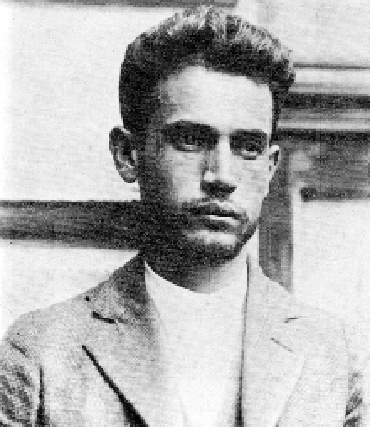 |
|
| The
Corrido de Toral tells the story of José
de León Toral was a zealous Catholic, who assassinated Álvaro
Obregón after he was re-elected president in 1928. He was
found guilty of collaborating with a Catholic nun, Concepción Acevedo
de la Llata. "La madre Conchita," as she was known, who was
imprisoned under the maximum sentence possible. Toral was executed
in Mexico City in 1929 for his crime. Part One of this corrido introduces
the protagonist, and then narrates the assassination itself. Part
Two shows the consequences in the judicial system of Toral's actions,
and also of the involvement of his collaborator, la madre Conchita.
In the corrido José Toral is presented as a noble martyr who is
willing to exhange his own life in order to take the life of the godless
Obregón. "él sólo fue mártir de su religión,
/ cambiando su vida, cambiando su vida, / por la de Obregón."
Toral accepts his fate calmly, believing that his actions
were justified. In true heroic style he faces his death with dignity.
La madre Conchita is also presented as a pious woman, and as a true
martyr, she is willing to be imprisoned for the sake of her religion.
Not only does she feel no remorse for the death of Obregón,
she prays that God forgive the officials who have sentenced her. "hoy
sola en su celda, en cada oración / al cielo le pide, al cielo
le pide, / para ellos perdón." |
|
|
The lyrical composition
is more complex than most corridos with stanzas of five verses alternating
with stanzas of three. The verses are eleven to twelve syllables,
with the exception of the fifth verse in the long stanzas, which is
a "pie quebrado" of six syllables. This corrido has
the elements of discourse, which John McDowell has identified in his
analyses of the genre. The first stanza has the traditional
"llamada inicial," which McDowell describes as a meta-narrative
or reflexive element, in the sense that the corridista calls attention
to the fact that this is a corrido. The remaining stanzas provide
"snapshots" of the story, which move the narrative forward
in an iconic manner without too much detail. Part II of the
corrido also contains some dialogue as la madre Conchita addresses
her prayers to the heavens. Toral comforts his grieving wife
before he is executed. The propositionality of this corrido
shows that the corridista also believes that the actions of Toral
and of la madre Conchita are justified. As we have seen, these
two characters are shown as pious, dignified, and heroic. On
the other hand, the corrido does not show any sympathy for the victim
of the assasination. He is presented as "el manco Obregón,"
a reference to the fact that he had lost an arm during the Revolution.
The corrido does not end with the typical "despedida" by
the corridista. The protagonist does, however, bid farewell
to his wife and then shouts "¡Viva Cristo Rey!" at
the moment of his execution. |
|



